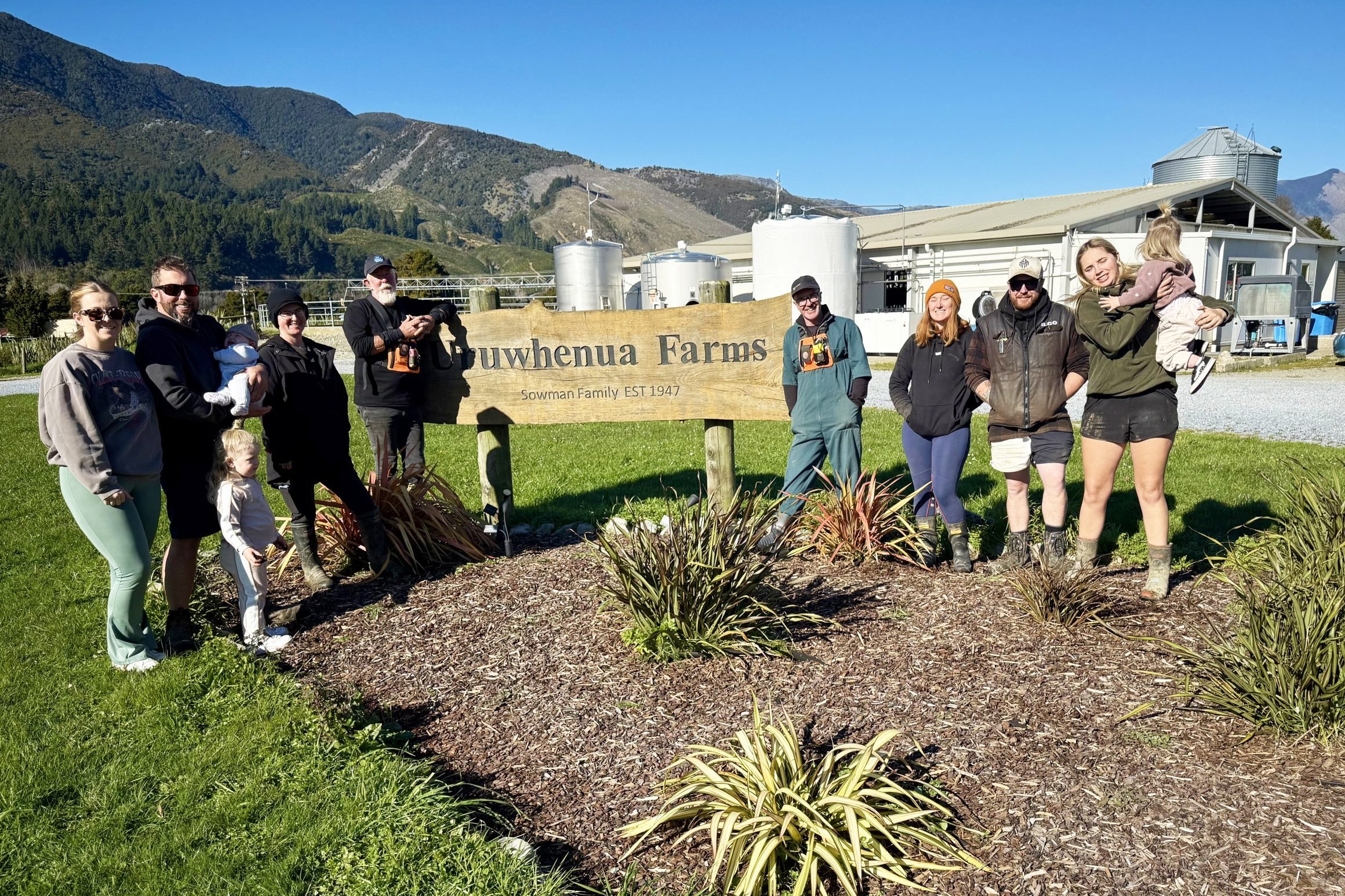BY: LYNDA GRAY
It’s been a tough season, but the innovative thinking and action inherent in most deer farmers will lift the industry out of the post-Covid doldrum. That’s the view of Lorna Humm, who after a decade of immersion across the industry is well placed to comment.
“I’m confident that the challenges many farmers are facing will be overcome. There’s a great sense of pride and supportiveness across the industry which I believe will get us through.”
Lorna is a Canterbury deer farmer along with husband Duncan, a part-time practicing vet, facilitator of both the Mid-Canterbury Advance Party and workshops for rural professionals, a director of Provelco, and committee member of the Canterbury West Coast Deer Farmers Association.
The support that Lorna talks about is evident in the Advance Party she facilitates. The open and frank discussions have encouraged members to tackle major farm projects and changes including irrigation development, construction of new deer sheds, and the switch to new forage crops such as red clover and more lucerne.
“There’s been a general lift in performance on member farms and I think that’s been partly group-driven. There’s a huge level of trust within the group and a great range of expertise that members have been able to tap into. They’ve been incredibly supportive of each other, which is important given the current state of the industry.”
Another facilitation role involves deer industry-funded workshops for rural professionals. The goal of the two-day workshops is to inform rural professionals such as bankers and stock and station agents so they have the confidence and knowledge to work with deer farmers.
Lorna was deer health project manager for Deer Industry New Zealand. As part of the three-year contract position, she developed a deer health review, a farm-specific health plan of action for farmers drawn up in conjunction with a vet. The documented health plan, adapted and taken on board by other red meat sectors, is now required as part of the New Zealand Farm Assurance Programme. When the project manager role finished in mid-2019 Lorna and pre-school daughter Isla took a seven-month sabbatical and recharge with her parents in Dumfries, southwest Scotland, as well as touring Iceland and New England in the United States.
“It was time-out and a hiatus, although I worked in a vet practice and did some deer consultancy.”
There is a resurgence of interest in Scotland’s deer farming industry, due to a government-driven venison growth strategy and associated grants to encourage development. There are about 100 registered deer farms producing an estimated 100 tonnes of venison annually. The goal is to grow output to 850 tonnes by 2030.
In 2019 Lorna established AgVelocity, a project management, facilitation and animal health consultancy for the agrifood sector. One of AgVelocity’s contract projects is the development of a combined animal health and welfare-environmental farm plan. Lorna’s role is to help farmers develop the overall plan as well as the animal health and welfare components. She helps farmers link in with specialist businesses and people to achieve the overall plan, as well as helping with the animal health and welfare components.
“My role is primarily as a facilitator and coach, helping them to develop a plan which they then take ownership of.”
The juggling of several deer roles will continue, but she’s not complaining.
This year she is facilitating a Massey University deer health and planning module, working on a project for the National Velvetting Standards Body, continuing with the rural professionals’ seminars and director role with Provelco, as well as working three days a week for Vet Ent, Ashburton.
“I guess I’ve come full circle, getting back to life as a working vet, but I love working with deer and the people. It’s an industry I’m really proud to be part of.”




